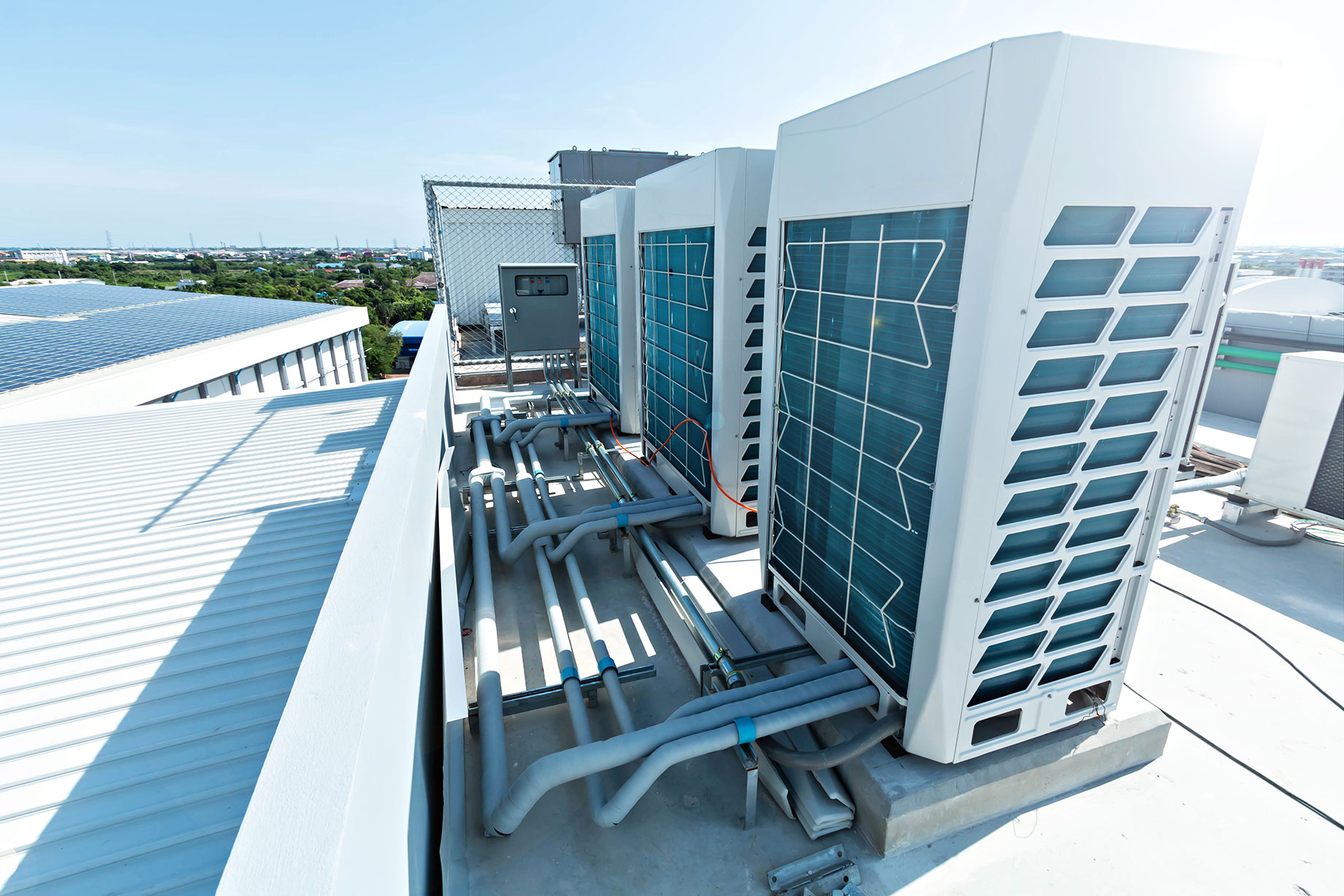
Walk into any thriving business, and you’ll feel it immediately, the consistent, comfortable temperature that makes everything work better. That environment doesn’t happen by accident. It’s the result of a deliberate choice between two fundamentally different approaches to climate control. While residential systems focus on comfort for living spaces, commercial solutions are engineered for performance, reliability, and scale. Understanding this distinction isn’t about technical specs; it’s about protecting your productivity, your people, and your bottom line.
Cooling Capacity
The difference starts with the core mission. Home systems prioritise quiet operation and aesthetic subtlety. Commercial units are built for relentless performance in demanding conditions. They move larger air volumes, handle higher occupant loads, and manage diverse heat sources from equipment and lighting. This isn’t merely about square footage; it’s about addressing complex thermal loads that residential systems simply aren’t designed to handle. Making the wrong choice here means constant breakdowns, uneven temperatures, and energy bills that spiral out of control.
Professional Support
When problems arise, the response needed differs completely. Fixing a home system often requires the services of a general technician. Commercial units require specialised expertise. Properly maintaining these complex systems demands engagement with professional air conditioning services that understand industrial-grade compressors, building management integration, and commercial ductwork design. These providers offer planned maintenance contracts that prevent failures rather than just responding to them, ensuring business operations face minimal disruption from climate control issues.
Installation Complexity
Residential installations typically follow standardised layouts. Commercial projects are custom-engineered puzzles. Engineers calculate heat gains from windows, people, computers, and kitchen equipment. They design zoning systems to keep server rooms cold while maintaining comfort in meeting spaces. Ductwork is often integrated into structural elements, requiring coordination with architects and contractors. This complexity ensures each area receives precisely the conditioned air it needs, nothing more and nothing less.
Financial Calculations
Viewing this decision through only the initial purchase price creates a false economy. Commercial systems carry higher upfront costs but deliver superior efficiency over decades of service. Their robust components withstand constant operation, while residential units under commercial demands often fail within just a few years. The total cost of ownership, factoring in energy consumption, repair frequency, and system longevity, typically favours commercial-grade equipment for business applications. This long-view perspective protects your investment.
Compliance and Considerations
Business environments face stricter regulatory requirements. Ventilation standards mandate fresh air exchange rates that residential systems can’t achieve. Building codes may require fire-rated materials and specific electrical configurations. Commercial equipment is designed and certified to meet these regulations, while adapting residential units for business use often creates compliance violations that risk fines and insurance complications. Proper system selection keeps your business on the right side of regulators.
Scalability
Businesses evolve, and your climate control should adapt with you. Residential systems are static installations. Commercial configurations are designed for modification. Adding a new wing? Expanding production capacity? Commercial systems can be extended with additional modules or reconfigured for new space layouts. This forward-thinking approach prevents the costly scenario of completely replacing your system simply because your business has grown successfully.
Human Performance
Ultimately, this decision affects your most valuable asset: your people. Commercial systems maintain tighter temperature and humidity ranges, creating optimal conditions for concentration and comfort. They provide better air filtration, removing allergens and contaminants that residential filters can’t capture. This results in fewer sick days, higher productivity, and a demonstrated commitment to employee wellbeing that pays dividends in retention and performance. The right climate isn’t a luxury; it’s a tool for success.
Making the Strategic Choice
Selecting between these paths requires an honest assessment of your actual needs. Consider your operating hours, occupant density, equipment heat output, and growth plans. Consult with engineers who specialise in commercial applications, not just general contractors. Remember that the system humming in the background represents both a significant investment and a critical component of your daily operations. Choose based on performance and reliability, not just price, and you’ll create an environment where your business can truly thrive.